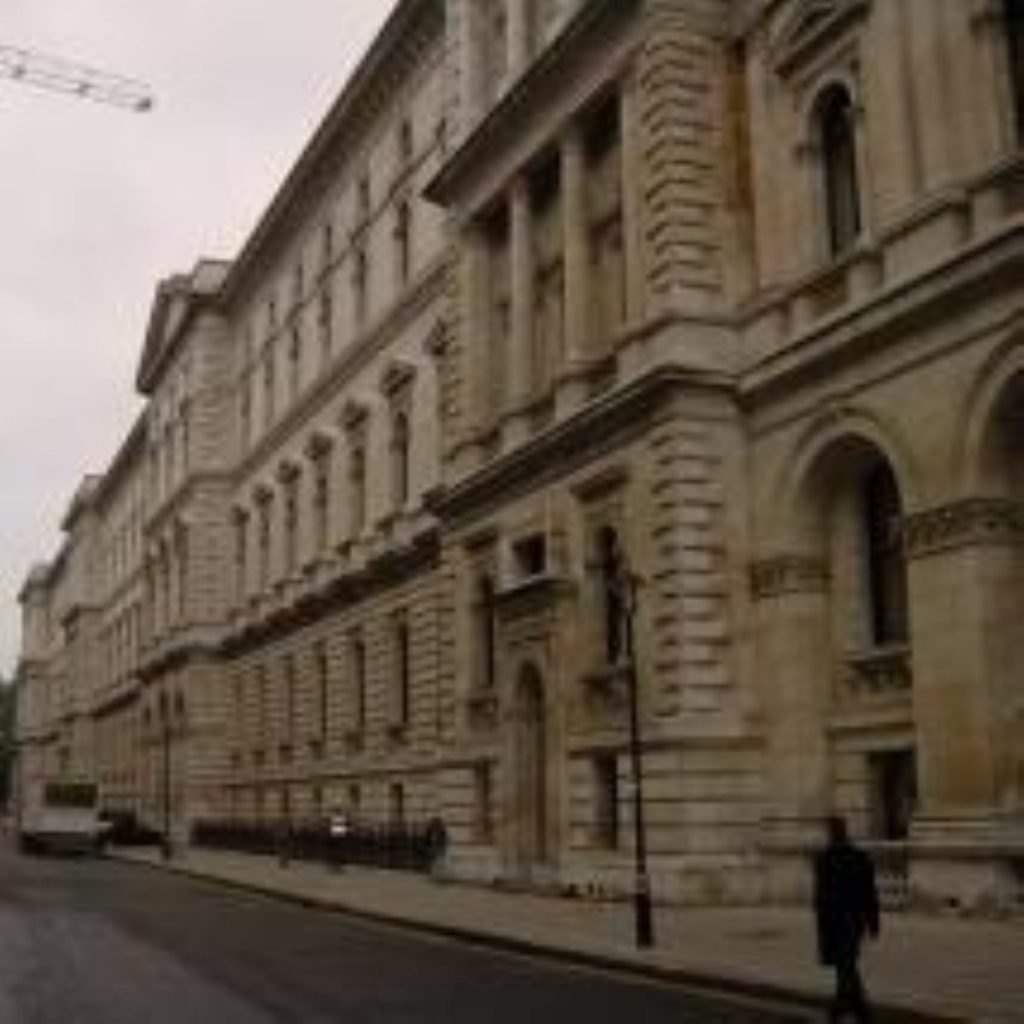British diplomat suspended
A British diplomat who was withdrawn as ambassador to Uzbekistan this week, has been suspended on full pay.
Craig Murray, 45, was removed from his post in Tashkent after a leaked memo appeared in the Financial Times, in which the diplomat claimed Uzbekistan was torturing prisoners and passing their confessions on to western intelligence services in return for military aid.
The Foreign Office initially stated that Mr Murray had been recalled for “operational reasons” and that no disciplinary action would be taken against him, but have since confirmed that the Scot has been suspended.
Mr Murray claims that he is now facing dismissal after giving a series of media interviews citing his removal as evidence of the politicisation of Britain’s supposedly neutral civil service.


“I was phoned and told that I was being suspended for gross misconduct for talking to the media,” Mr Murray told the Mail On Sunday.
“Now they have simply decided to sack me instead – it’s cheaper. They will convene a tribunal of senior Foreign Office officials who will find me guilty. It’s going to be a stitch up,” he added.
The diplomat claims the Foreign Office tried to force him to resign a year ago as a result of his outspoken dispatches criticizing Uzbekistan’s human rights record. The former ambassador told the BBC that he was summoned back to London in August 2003 to face “untrue” disciplinary charges, including allegations that he demanded sex from young women in return for British visas.
Amnesty International UK said Mr Murray’s championing of human rights was “extremely important” and said it would be concerned if this had led to his removal.
“The Government should now make it clear that it wishes to have a strong British voice for human rights in Tashkent,” a spokesman added.
Tory international affairs spokesman Gary Streeter told BBC Radio Four’s Today programme that it was “perfectly legitimate” for Mr Murray to criticise “the way things are working within his sphere of influence”.
The Foreign Office has denied that British intelligence services use torture to obtain information, but stressed that it would be irresponsible to rule out counter-terrorism intelligence obtained by other countries if the information could help protect Britons.

